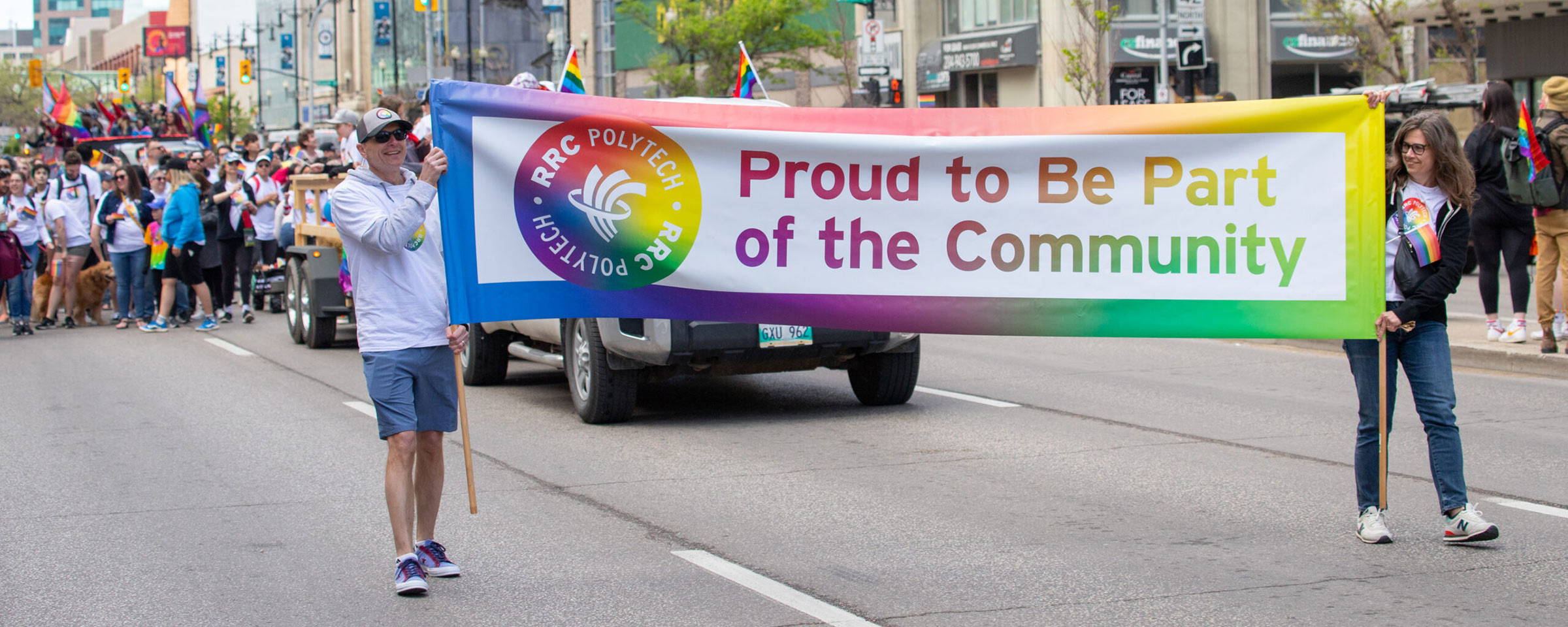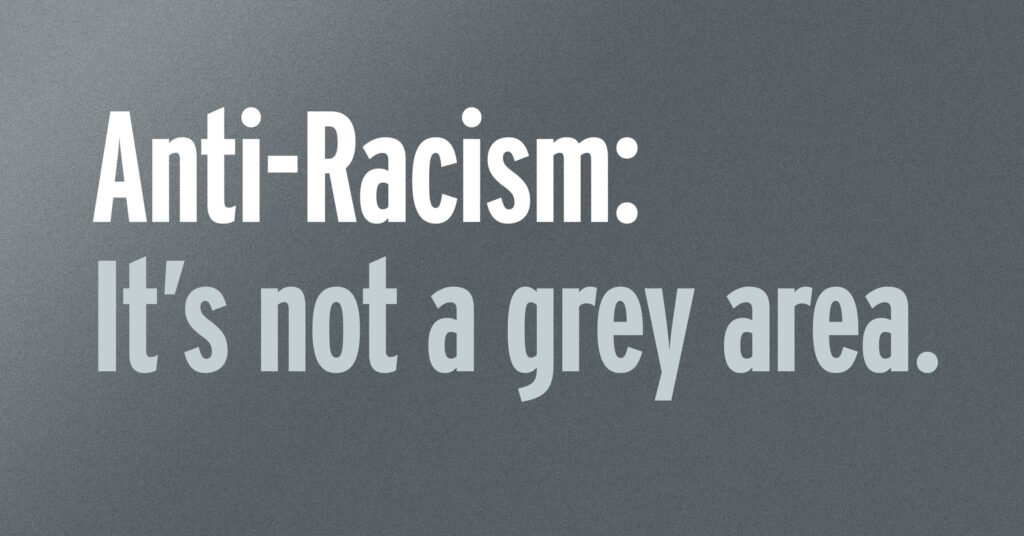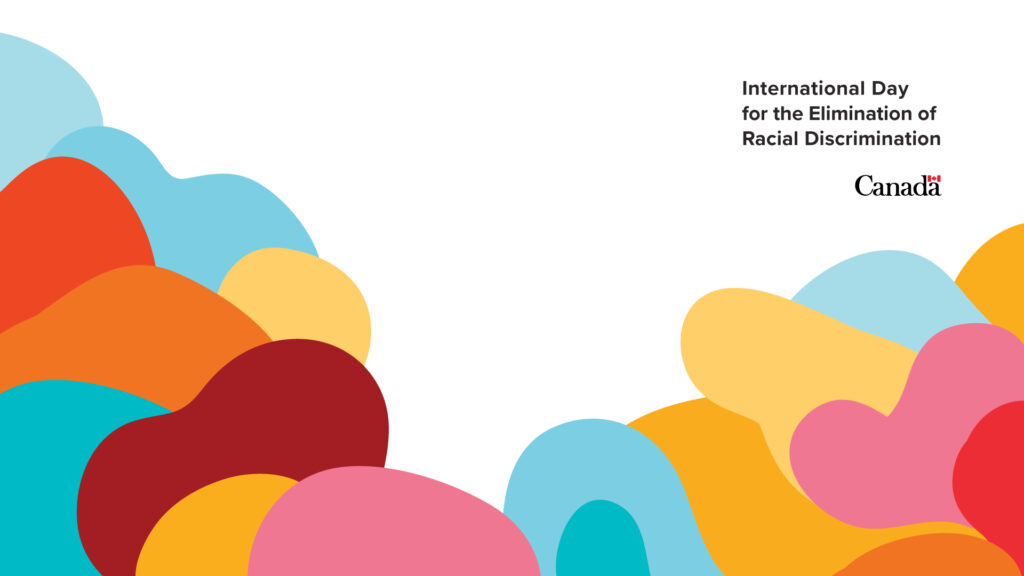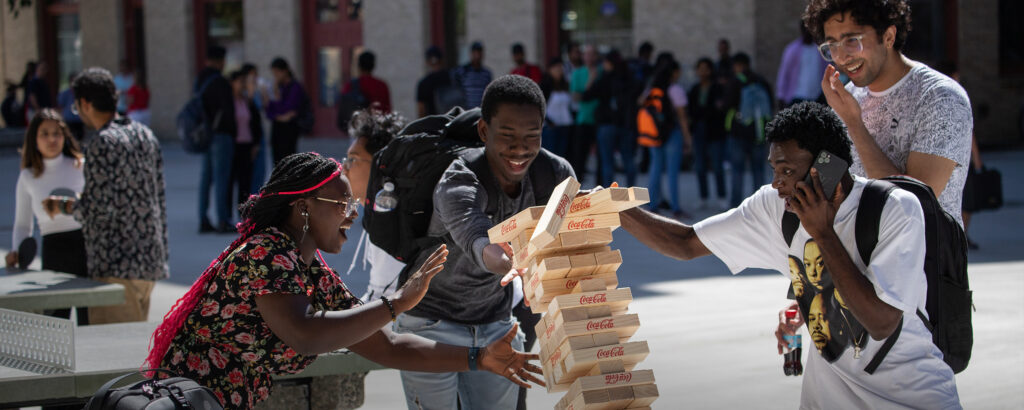Building Bridges: The Neurodivergent Working Group at RRC Polytech
This blog post was written by Sarah Coyle, an Instructor at RRC Polytech and a member of the Neurodiversity Group.
June 2024 marked the exciting launch of the Neurodivergent Working Group at RRC Polytech!
This initiative, born from a desire to foster a more inclusive and understanding campus environment, is already making significant strides in supporting our neurodivergent students, faculty, and staff.
Why a Neurodivergent Working Group?
The reality is that neurodiversity – the natural variation in human brain function and behavioural traits, often including conditions like autism, ADHD, dyslexia, and more – is present throughout our college community. Recognizing and celebrating these differences, rather than viewing them as deficits, is crucial for creating a truly equitable and thriving institution.
The Neurodivergent Working Group was established to:
- Raise awareness and understanding: Educate the college community about neurodiversity, challenge misconceptions, and promote acceptance.
- Advocate for inclusivity: Identify and address systemic barriers that may disproportionately affect neurodivergent individuals.
- Foster a sense of belonging: Create a safe and supportive space for neurodivergent individuals to connect, share experiences, and feel understood.
- Inform policy and practice: Provide valuable insights and recommendations to college leadership on how to better support neurodivergent members of our community.
Action in Motion: Initiatives Taking Shape
Since its inception, the Neurodivergent Working Group has been actively engaged in a variety of initiatives, demonstrating the passion and commitment of its members. This is a fluid group, recognizing that individuals have varying levels of time and capacity. We offer different levels of engagement:
- Passive Participation: For those who wish to stay informed and support the group without taking on active tasks, we offer an MS Teams group for updates, resources, and event announcements.
- Active Involvement: For those looking to contribute more directly, there are opportunities to participate in planning, organizing events, developing resources, and more.
Mark Your Calendars: The Red Forum Session!
A key upcoming initiative is a dedicated session at the annual Red Forum conference. This will be a fantastic opportunity to raise awareness about neurodiversity within the College, share the group’s mission and early achievements, and engage in meaningful conversations with a wider audience. We’re hoping to have as many staff members as possible attend this event.
Looking Ahead: Future Initiatives
The Neurodivergent Working Group has a vibrant vision for the future, with several initiatives already in the planning stages, including:
- A Mentorship Program
- A Student-Led Neurodiversity Support Group
- Identifying Neurodiversity Barriers in Workplace Environments
- Neurodiversity Speaker Series
- Infographic Development
- Team-Building Activities
Join Us in Building a More Inclusive Future!
The Neurodivergent Working Group is an evolving and welcoming space for anyone interested in learning more about and supporting neurodiversity at RRC Polytech. Whether you identify as neurodivergent, have neurodivergent family members or friends, or are simply passionate about creating a more inclusive community, your voice and participation are valued.
RRC Polytech staff can join the Neurodiversity Working Group by:
- filling out the MS Form,
- joining our Teams Channel, or
- emailing us at diversity@rrc.ca.







 Show your solidarity this Wednesday by wearing a pink shirt – you can purchase one from the
Show your solidarity this Wednesday by wearing a pink shirt – you can purchase one from the